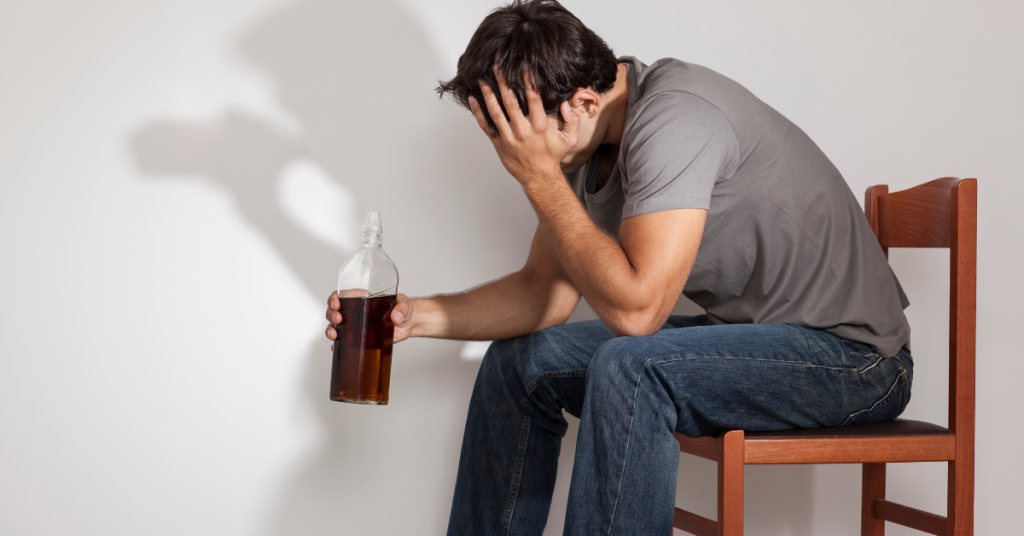
The Relationship Between Loneliness and Addiction
Legacy Healing Center Blog
According to Cigna, more than half of Americans (58%) report loneliness.1 With recent events like the COVID-19 pandemic, which started at the end of 2019 and literally forced people to isolate themselves from one another, many faced mental and even physical struggles that continue to have an effect to this day. With the clear connection between loneliness and addiction, addressing these instances is extremely important for the well-being of the individual struggling. Read on to learn more about these phenomena and why learning healthy coping mechanisms is so important.
How Substance Abuse and Social Isolation Are Related
Unaddressed loneliness can result in a number of issues for a person. A wide array of feelings may be felt, including rejection, confusion, anxiety, and paranoia. In many cases, people so deeply wish to escape from their feelings that they turn to an intoxicating substance as a way to cope. This is incredibly risky behavior because it does little to actually solve the problem at hand. While being drunk or high may seem to erase the negative feelings, the reality is that those substances only act as temporary solutions.
Imagine you have a pile of items that need to be cleaned out from a room. Instead of taking the time to go through each item and clean the space, you elect to cover the mess with a large and nicely colored blanket. It may seem less unsightly to the naked eye, but the clutter is still underneath. Even worse, bugs and other problems can begin gathering underneath, and you would have no way of knowing until you lift the blanket and face the mess head-on. Think of substance use as that blanket. Neglecting the real issue can cause even more problems that will eventually need to be dealt with.
The Cyclical Nature of Isolation and Addiction
Because many people who abuse drugs do so to avoid the negative things that they are feeling, it is much easier for a dependency to form over time. The lack of these drugs can not only lead to physical withdrawal symptoms, but all of the things that the person was repressing will likely come flooding back as well. Not only can intense loneliness result in addiction, but addiction itself can be an incredibly isolating habit. Addiction can destroy relationships, push people away, and leave a person feeling even more alone than when they started.
If not properly managed, that individual is at risk of overdosing, having suicidal thoughts, and inducing self-harm. Luckily, there are people and facilities designed to help individuals that struggle with loneliness and addiction.
No Matter How It May Feel, You Are Not Completely Alone
If you or someone you love is struggling with the effects of depression, anxiety, or addiction, our Cincinnati rehab is equipped to help. With a variety of effective therapy methods at our disposal, we will ensure that each patient has the opportunity to address their struggles and learn healthy coping mechanisms for the future.
Our Ohio addiction rehab also offers various programs that allow our team of therapists to provide a level of care suitable to each individual’s unique needs. Recovery is not a one-size-fits-all experience, and we pride ourselves on implementing the personalization of the process for our patients.
To learn more about our options for addiction treatment in Cincinnati, call Legacy Healing Center Ohio at 513-586-4971 today.
Source
- Cigna – The Loneliness Epidemic Persists: A Post-Pandemic Look at the State of Loneliness among U.S. Adults
Related Reading